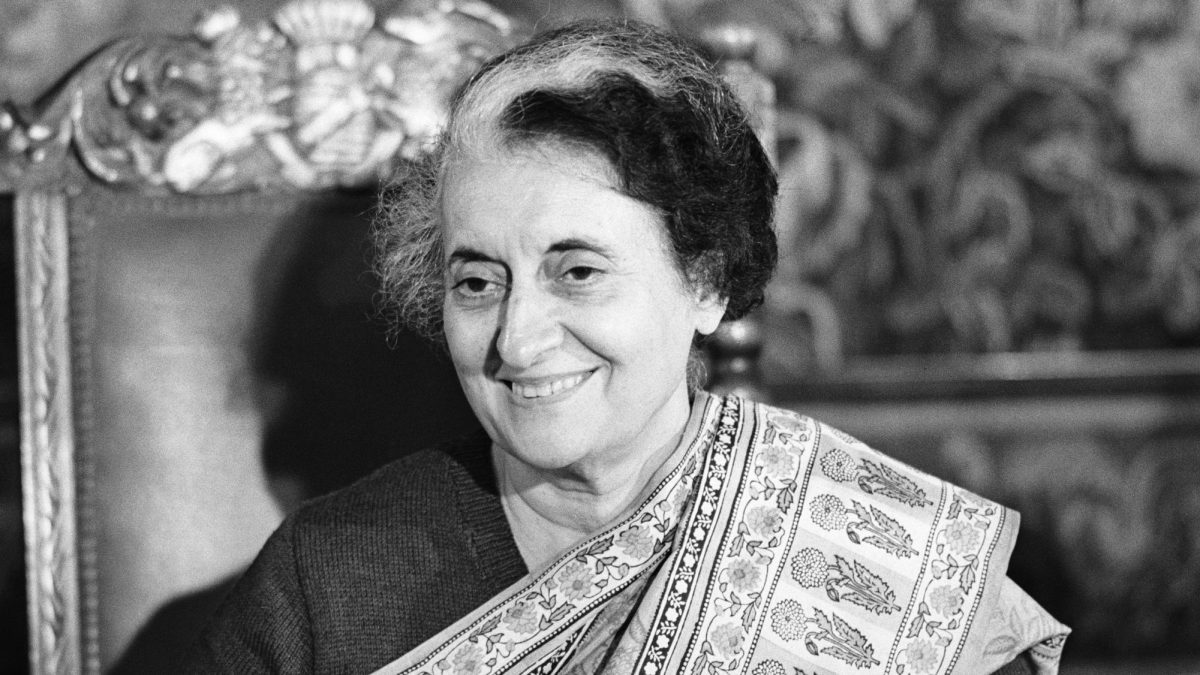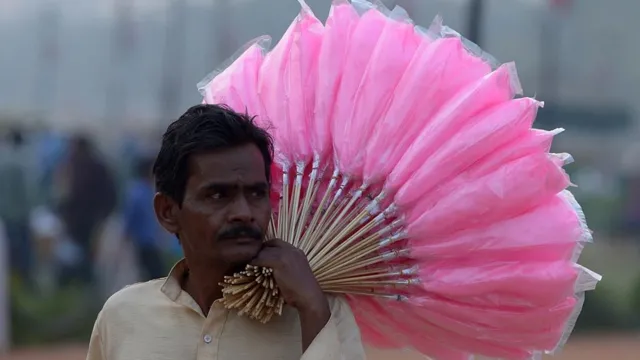Some states have banned the sale of the candy due to worries of it containing carcinogens. Carcinogens are defined as substances, organisms, or agents capable of causing cancer.
Last week, the southern state of Tamil Nadu implemented a ban on cotton candy. This comes after lab tests confirmed that they contained Rhodamine-B in samples. Rhodamine-B is classified as a carcinogen in both California and the European Union.
Earlier this month, the union territory of Puducherry banned the candy after other states were still conducting testing.
Cotton candy, called buddi-ka-baal (old women’s hair) in India, is a popular treat worldwide. It is a confection made by liquefying, and then rapidly cooling sugar in a machine. It is popular in amusement parks, fairs, and other places of entertainment.
Satheesh Kumar, a food safety officer, stated that the chemicals found in cotton candy could “lead to cancer and affect parts of the entire body.” His team had recently raided candy sellers last week who had been selling candy that was not made by registered factories.
A few days later, the government then banned the sale of the candy after lab tests detected the presence of Rhodamine-B. The chemical compound is used to give a bright pink hue to products such as textiles, cosmetics, and inks.
The Health Minister, Ma Subramanian, has also stated that the “packaging, import, sale of, or serving food containing it [Rhodamine-B] at weddings or other public events would be punishable under the 2006 Food Safety and Standards Act.”
The state of Adhra Panesh is also conducting testing on samples of the candy to test it for any trace of the carcinogen. There are also reports from local news sources that health officials in Delhi are also pushing for a ban on the candy.










































